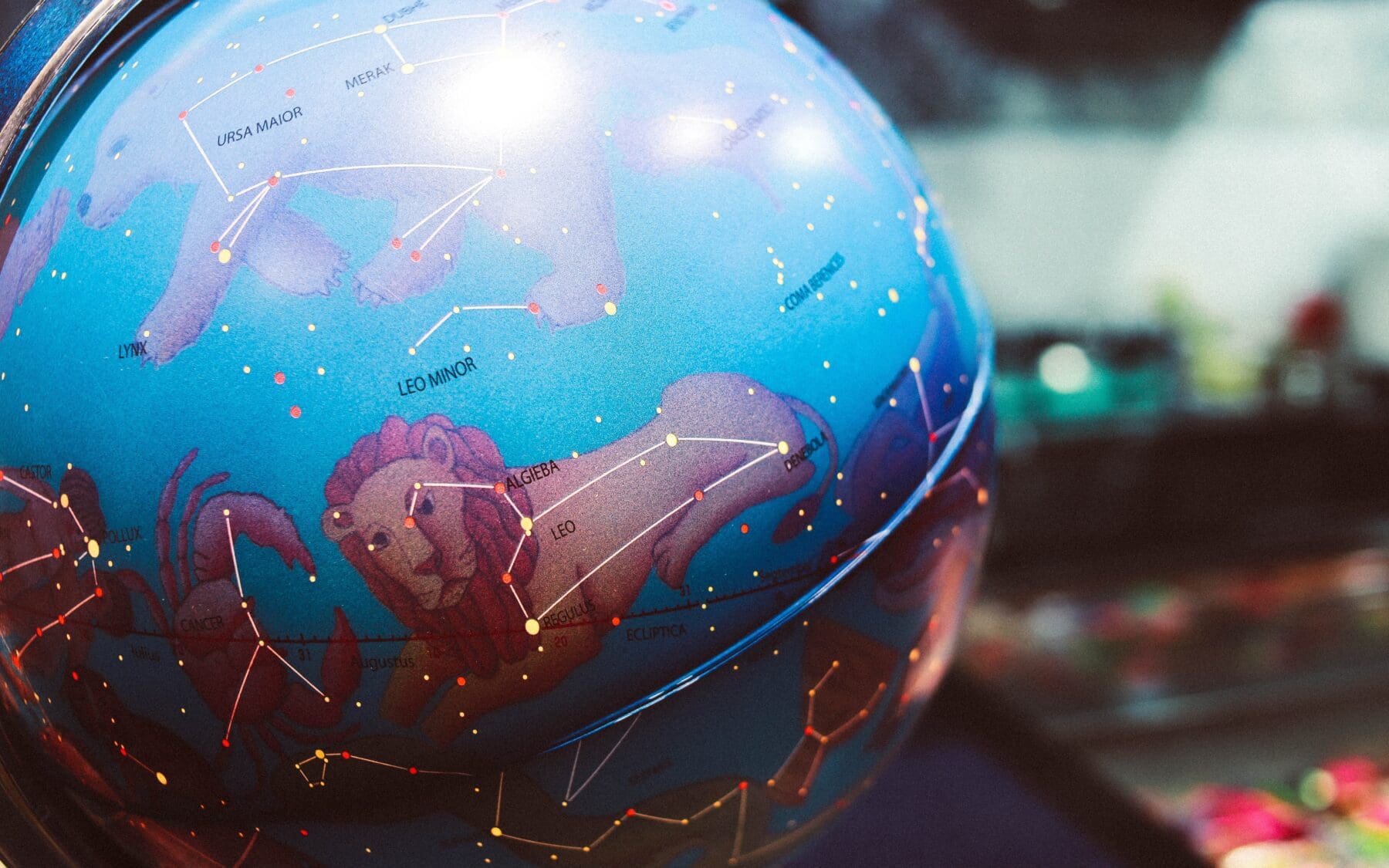Farmers planned harvests by their shape.
Ancient Egyptians used them to predict the annual flooding of the Nile River.
New world explorers looked to them to guide the way home.
Today, we look to study the stars for everything from relationship compatibility to guidance on how to move forward. The stars, planets and celestial beings have always been a source of fascination for humans.
Maybe we’re enchanted by the vast mystery of space and planetary movement. Maybe the sky reminds us that there’s some force beyond our control running the show down here. But I like to think our adoration for celestial bodies comes from the fact that the sky is something we all experience. Yet, none of us can truly explain its movement, contents and purpose with absolute certainty.
Relating to the Stars
Astrology is an attempt at finding a correlation between us and the stars. Though truthfully, every time I’ve tried to believe astrology is just a “guess”, I stumble across more evidence to prove its validity. Merriam-Webster defines astrology as “the divination of the supposed influences of the stars and planets on human affairs and terrestrial events by the positions and aspects.”
We’ve always followed the stars. We’ve even found celestial maps outdating maps of the earth. So it’s clear that the original intention of astrology was for us to inform the course and direction of our earthly lives. Of course, with its origins dating all the way back to Mesopotamia in the 3rd millennium BC, astrology has evolved across time and distance. But it developed its very clear Greek influence as it transformed into the Western version commonly used today. From zodiac signs to uncovering the power of lunar cycles, astrology has remained a beloved way to explain the seemingly unexplainable.
Astrology VS. Astronomy
Curious what the difference is between these two otherworldly studies? Yes, both are all about studying space and require calculations and data. Yet only one is technically considered a science– astronomy. According to Merriam-Webster, astronomy is “the study of objects and matter outside of the earth’s atmosphere and of their chemical and physical properties.” Each of these studies are ancient. Still, so much of the sky remains yet to be discovered. The biggest difference between astronomy and astrology is the focus and method of discovery. Astronomy relies on science and mathematics to find as much consistent truth as possible. Yet astrology flows freely from the heart, developing through pattern recognition, mythology and, most of all, intuitive beliefs.
Looking to dive further than the study of the stars into the astrological world? View more on little infinite. OR Check out these books covering everything from its origin to how to apply it to your everyday life!













